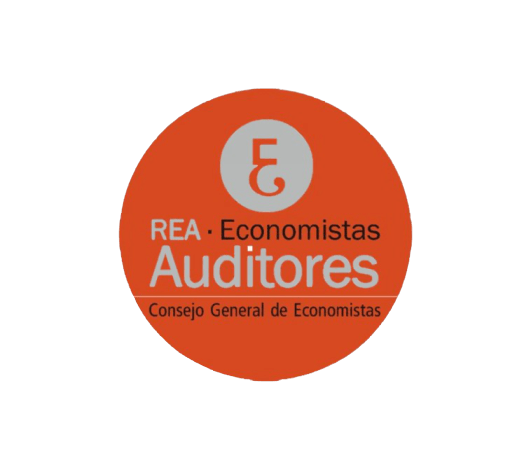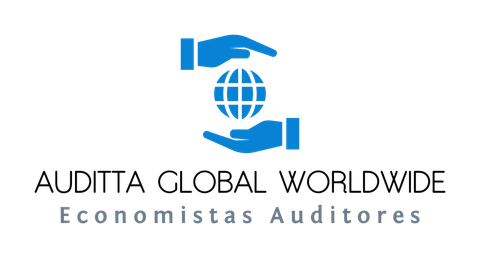INTERIM FINANCIAL STATEMENTS AUDIT AND PRE-AUDITS
PRE-AUDITS
Prior to the Company’s first audit, the auditor carries out what it’s called a ‘pre-audit’: a series of preliminary work that analyzes specific areas of the company and its sector.
The fundamental basis for the audit review work is the Company’s accounting information, so the Company must have all their admin and bookkeeping up to date prior to the arrival of the auditors.
The first audit is a novelty for the Company, therefore the preparation of documentation, as well as initial meetings with the auditor will be longer and more important than in subsequent audits. Once the first audit is passed, the Company's managers will already know how the process is conducted, how the auditors work, and what documentation should be prepared before future audits commence.
The auditor will tell the Company what information is required beforehand and analyze it before the start of their review work at your offices. The auditor would have seen then which nominal codes are the most significant and which areas require further review.
It is important to highlight the importance of providing the auditors with correct and consistent information to the best of their knowledge. Subsequently, auditors will ask for more details of a few more accounts and check supporting documents for certain journals. It is essential to verify that any detailed reports match the summary figures showed in the financial statements.
A first audit often requires more verification work, as this is the first time the auditor has reviewed the company. However, in subsequent audits, the level of verification tests may be lower, especially if the internal control level of the company is perceived as adequate by the auditor.
Therefore, in certain cases, it may be advisable to perform a pre-audit, and thus ensure that the subsequent audit to be carried out by the group auditor can be carried out in the most efficient manner.
At AUDITTA GLOBAL WORLDWIDE
we can help you carry out this pre-audit to make your subsequent audit a success.
AUDIT OF INTERIM FINANCIAL STATEMENT
On 19 October 2007, Royal Decree 1362/2007 was adopted, implementing the Securities Market Act, in relation to the transparency requirements relating to information on issuers whose securities are admitted to trading on an official secondary market or on another regulated market in the European Union. In this regard, Article 119 of Royal Legislative Decree 4/2015, approving the Consolidated Text of the Securities Market Act establishes the obligation of those issuers to make public biannual financial report relating to the first six months of the financial year and a second biannual financial report for the second six months of the financial year, unless they publish their full annual report within two months of the end of the financial year. These biannual financial reports shall contain:
- Abbreviated financial statements and interim management report of the entity and, where appropriate, its consolidated group.
- Statements of responsibility for its content, signed by the administrators of the issuing authority.
- Audit report in the event that the six-monthly financial report had been voluntarily audited. Otherwise, the six-monthly financial report shall contain a statement by the issuer stating that it has not undergone a full audit or a limited review by auditors.
In the event of conducting a full audit of accounts the auditor provides reasonable certainness over verified interim financial statements, whilst the security offered by an auditor’s limited review is lower. The limited review of the interim financial statements will also have to be carried out by a chartered auditor, as established by the Royal Decree and the Transparency Directive.
On BOICAC 73, March 2008, ICAC clarifies the different possibilities in relation to the biannual financial reports and expressly states that, in the event of opting for a review, and not an audit:
- The object and scope of such review should be determined between the auditor and the issuer;
- This type of work is outside the scope of the Audit Of Accounts Act;
- The lower scope of review versus audit means the auditor can’t issue an audit opinion, but their work is aimed at providing negative security.
In the absence of a specific technical standard for a limited review, the National Securities Market Commission considers it necessary to make a number of recommendations on the scope of the procedures and tests to be carried out by the auditor in a limited review, as well as on the corresponding reporting templates. In this area, the regulations issued by the International Auditing and Assurance Standards Board (IAASB) of the International Federation of Accountants (IFAC) will apply. In particular, where the limited review is carried out by the Company's auditor, the limited review work shall be carried out in accordance with THE ISRE 2410 "Review of interim financial information performed by the independent auditor of the Company" and, where the limited review is carried out by a different auditor, the ISRE 2400 "Engagements to review financial statements" shall apply.
At AUDITTA GLOBAL WORLDWIDE
we allocate the necessary resources to comply with your periodic obligations to verify and publish financial information marked by current regulations. Contact us.









